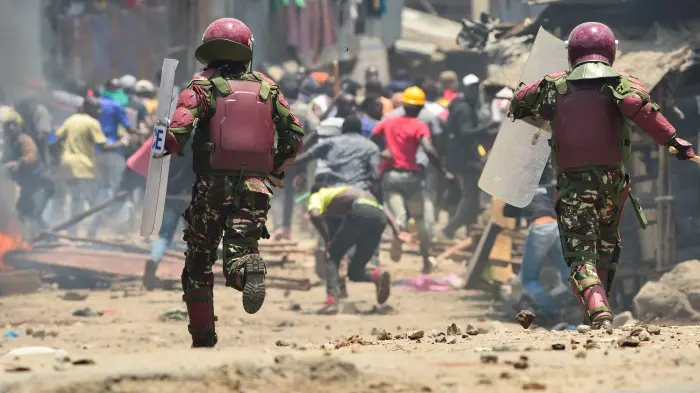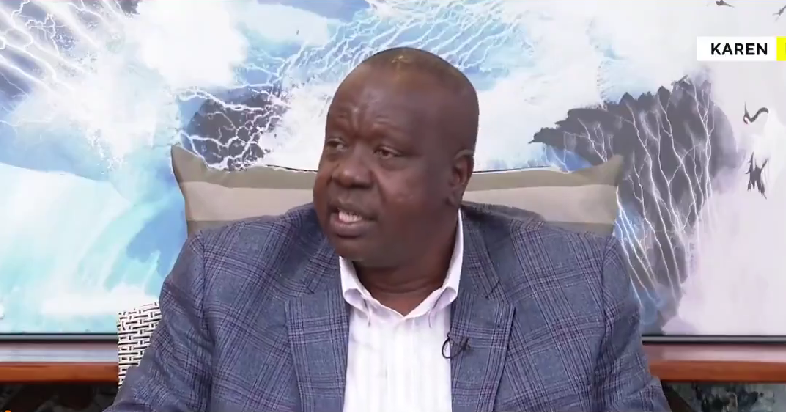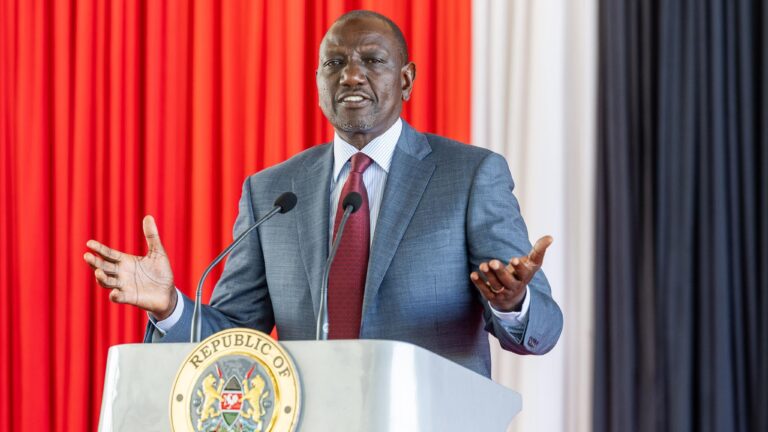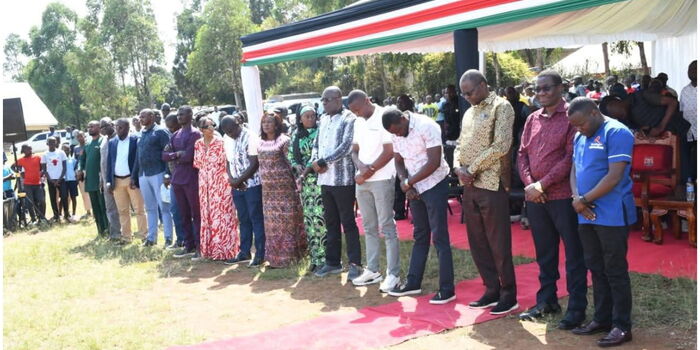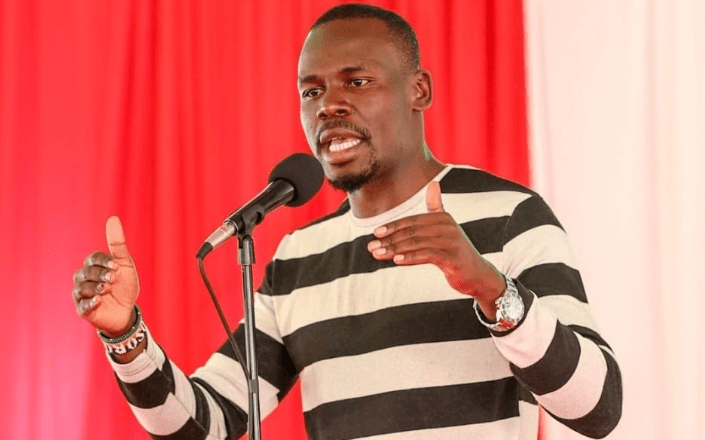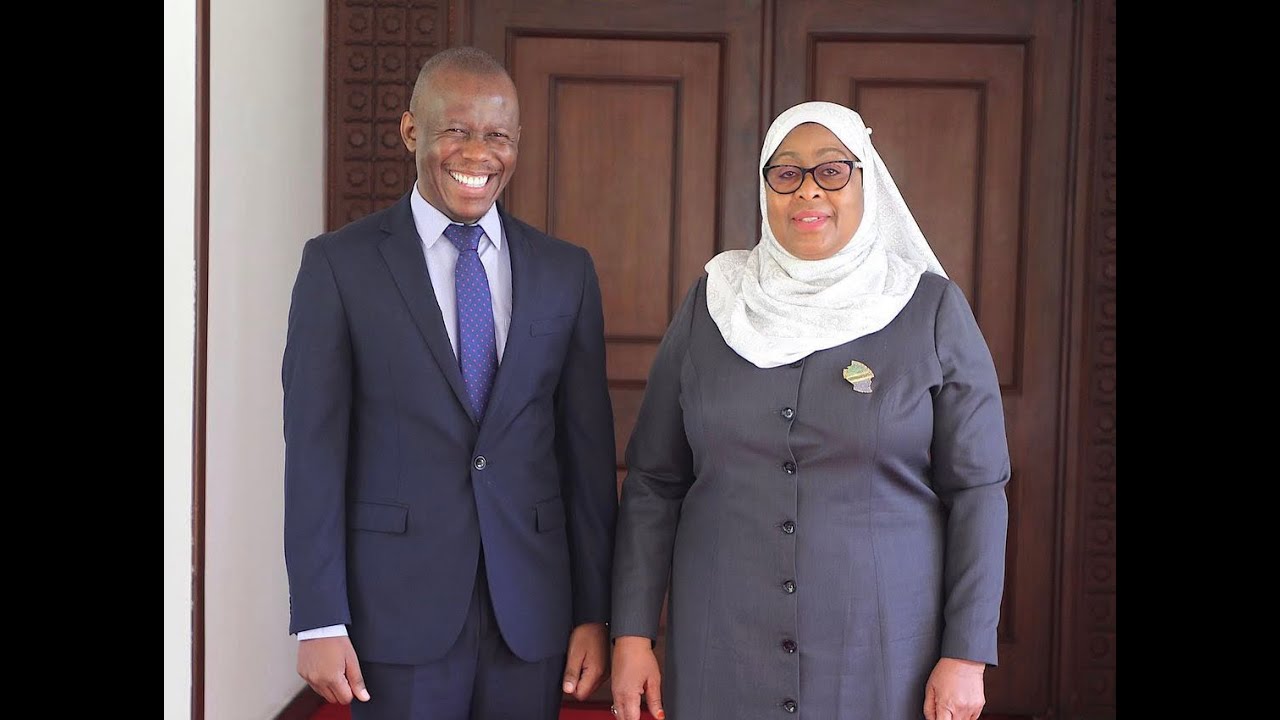

Appearing before the National Assembly’s Public Petition Committee, TikTok’s Public Policy and Government Relations Director, Fortune Sibanda, detailed that the videos were taken down for violating community rules on the platform.
Sibanda appeared before the committee after concerns were raised over the emergence of videos that were violent, vulgar and contained explicit sexual content.“In the last year, we have taken down over 296,000 videos from Kenya alone.
Around the globe 96.7 per cent of harmful content is taken down before it is reported, while 77.1 per cent of content is taken down before garnering any views,” he stated.
The official also explained to the legislators that the platform had a self-regulating mechanism which allowed for harmful videos to be taken down.
“He stated that the AI is programmed using internationally set policy standards. The content is thereafter forwarded to human moderators conversant with the countries’ languages and culturally accepted policies.
“These policies, he states are guided by the local partners who help shape what is culturally accepted in different countries,” read the statement by Parliament.During the hearing, it was also revealed that ByteDance had also outsourced a company in Kenya who have employees who watch and moderate content posted on the platform.
The outsourced company is reported to have 250 employees.
This comes even as TikTok continues to be on the spot over inappropriate content posted on the platform. Ben Ndolo, a private citizen (mention the date) petitioned Parliament to have the social media platform banned in Kenya.
Ndolo claims that the platform is eroding Kenya’s cultural and social values owing to some videos that are often shared on the platform.
Notably, concerns over the content on the social media platform also saw President William Ruto meet TikTok CEO Shou Zi Chew over the moderation of content.
At the meeting, TikTok also agreed to have an office set up in Kenya.


